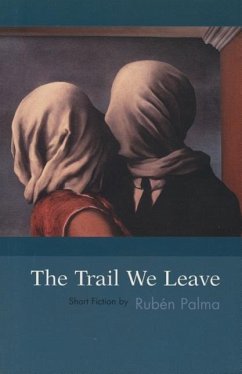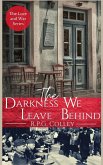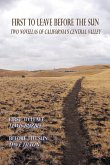"The Trail We Leave" received rave reviews in Denmark for its exploration of the lives of exiles in Scandinavia and the difficulty of living between two cultures (with sometimes comic, sometimes tragic results). These stories are told from moments of crisis as the various characters try to assimilate into a new culture-the highly intelligent Chilean schoolgirl who suffers the pressure of achieving in a difficult foreign language, the romantic young man from Bangladesh brought to ruin because he misinterprets the sexual mores of Scandinavia or the Chilean couple whose marriage crumbles under the tensions of exile. In one way or another, we are all exiles, and these stories will appeal to the general reader because of their exploration of the consequences of miscommunication. As Michael Zangenberg wrote in "Politiken," Palma "also expands the field to embrace the gap between the sexes, between two national languages and cultures, between life and death, between past and future." "Fine short stories about a human being who is pulled up by the roots and has to try to create new ones."-Niels Lillelund, "Jyllands Posten" Born in Santiago, in 1954, Ruben Palma grew up in one of Santiago's larger, working-class quarters of that time. He left Chile in 1973, immediately following the coup. Since 1974, he has resided in Denmark and is now a Danish citizen. Employed by the Danish Red Cross since 1985, he is a member of the Danish Author's Society and has published three works of fiction in Denmark to critical praise, "Letter to Denmark," "Meeting with Denmark," and "The Trail We Leave." His two plays, "To the Flesh-To the Heart" and "The Trade" were published and performed inDenmark. Alexander Taylor has translated numerous Danish writers, including Benny Andersen, Klaus Rifbjerg, and Ole Sarvig.
Hinweis: Dieser Artikel kann nur an eine deutsche Lieferadresse ausgeliefert werden.
Hinweis: Dieser Artikel kann nur an eine deutsche Lieferadresse ausgeliefert werden.








